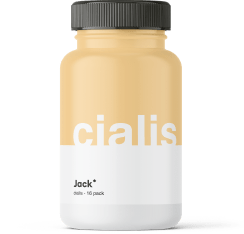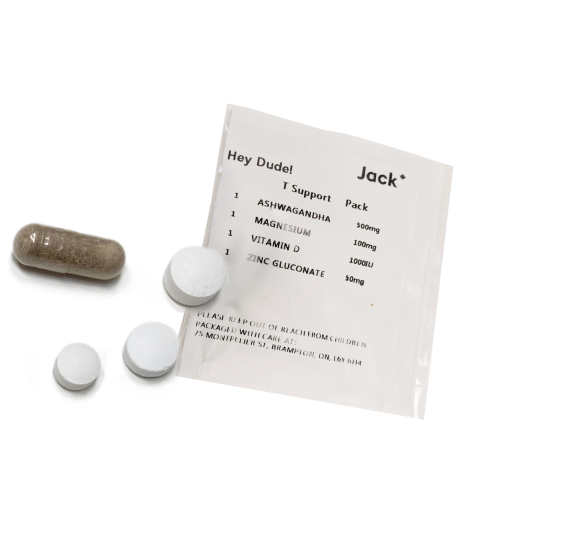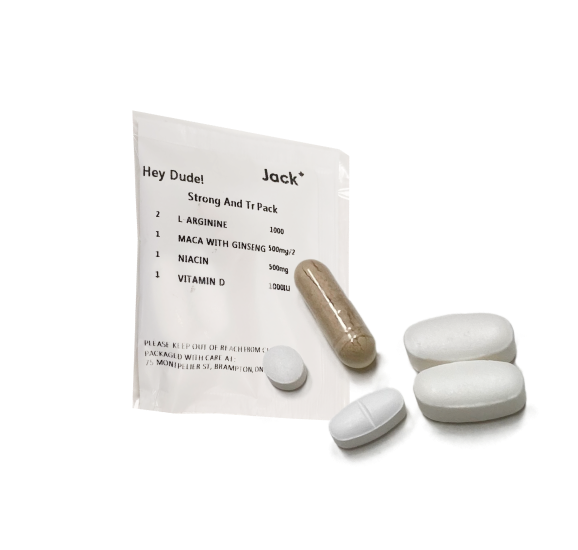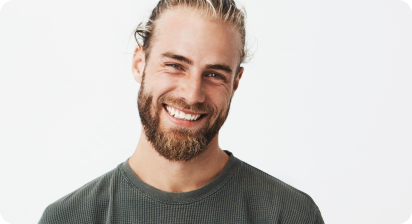Considering using minoxidil for hair loss, but are worried about minoxidil side effects?
Minoxidil is commonly prescribed to treat pattern baldness and hair loss in both men and women. If you’re planning to undergo a minoxidil treatment plan, it’s essential to be aware of its potential side effects, including variations based on dosage, formulation, and your individual health.
Here’s a guide on how to address them.
How to Use Minoxidil
Proper and consistent use allows you to maximize minoxidil results.
To apply topical minoxidil:
- Clean and dry your scalp: Gently wash your hair and scalp before applying.
- Apply the recommended dose: Use the recommended dosage (usually 1 mL) directly to the affected area of the scalp.
- Use twice daily: For best results, apply minoxidil in the morning and evening as directed in the instructions.
- Allow it to dry: Let the medicine dry for about 4 hours before touching your scalp or hair.
Compared to other treatments, minoxidil is easy to use and non-invasive, making it a popular solution for hair loss.
Common Side Effects of Minoxidil
Although minoxidil is generally well-tolerated, you may experience common side effects, such as:
- Itching or redness on the scalp in the first few weeks of use
- Dryness, flaking, or irritation
- Unwanted facial hair growth in women
- Increased shedding early in the treatment that resolves over time
These side effects are usually mild, temporary, and localized to the area of application. Minoxidil is a topical product, which means it’s unlikely to cause systemic issues like those associated with oral medications.
To manage discomfort, you can:
- Use a moisturizing shampoo and conditioner to soothe your scalp
- Reduce the frequency of application if necessary, but be sure to follow the instructions for best results
Oral Minoxidil Side Effects
Taking oral minoxidil can lead to different side effects than the topical form.
Side effects include:
- Hypertrichosis (excess body hair)
- Dizziness, nausea, and weight gain
- Breast tenderness and fluid retention
- Pericarditis (inflammation of the heart’s outer layer)
- Insomnia
These oral-specific effects tend to be more systemic and can affect your overall health. It may also affect your blood pressure, so it should be monitored and evaluated by your doctor, especially if you have a history of high blood pressure or heart problems.
However, adverse effects occur only in 4.8% of the cases, still making low-dose oral minoxidil (LDOM) a safe medication option for hair loss. Minoxidil sexual side effects are also rare.
Note: Both oral and topical minoxidil may lead to changes in hair color, so don’t be alarmed if you notice discoloration in your hair.
Serious Side Effects of Minoxidil and When to Seek Medical Help
In rare cases, minoxidil can cause severe side effects. If you experience the following, seek emergency medical care:
- Chest pain or tightness
- Swelling in your hands, feet, or face
- Shortness of breath
- Rapid heartbeat or palpitations
- Allergic reactions, including hives or anaphylaxis
- Signs of heart failure, such as extreme fatigue or fluid buildup
Mark, for example, doubled his dose of minoxidil in hopes of accelerating hair growth. He soon developed chest tightness and was rushed to the emergency room.
Bottom line: Don’t be like Mark. Be aware of the prescribed dosage to avoid serious side effects. Reactions, such as an allergic response or chest pain, should be addressed promptly.
How Long Do Minoxidil Side Effects Typically Last?
Most minoxidil side effects are temporary. Itching, redness, and dryness can occur early in use, within the first few weeks, but they usually resolve quickly as your skin adjusts. Increased shedding is also a known reaction that is common within the first weeks, but it will resolve on its own as the treatment progresses.
Factors That Influence the Side Effects
Several factors may amplify minoxidil side effects. For example, women using minoxidil may notice facial hair growth, while men may experience more pronounced scalp irritation.
Factors include:
- Dosage: 5% doses may cause more side effects compared to the 2% version.
- Sensitivity: May affect sensitive skin, resulting in irritation.
- Gender: More common in men due to the higher baldness rate in males.
- Drug interactions: May interact with other medications, so consult a doctor before use.
How to Minimize Minoxidil Side Effects
To reduce minoxidil side effects, consider the following:
- Follow the dosage instructions and don’t exceed the recommended dose.
- Apply the product gently to avoid scalp irritation.
- Choose the right formulation, such as foam or liquid formulations, to minimize irritation.
A soothing scalp care routine can also help. Look for moisturizing shampoos and conditioners, or use an anti-itch cream to manage discomfort.
Comparing Side Effects: Minoxidil vs Other Hair Loss Treatments
|
Treatment |
Side Effects |
Benefits |
Occurences |
|
Minoxidil |
Itching, redness, dryness, flaking, facial hair, initial shedding |
Topical, hormone-free, easy-to-use |
Mild scalp irritation, temporary shedding |
|
Finasteride |
Sexual side effects, breast tenderness, swelling |
Oral, targets DHT, effective for men |
Long-lasting sexual side effects, gynecomastia |
|
Natural Remedies |
Minimal, varies by remedy |
Chemical-free, complementary treatment |
Saw palmetto may cause stomach upset; garlic can irritate skin |
Compared to finasteride and natural remedies, minoxidil is a hormone-free, non-systemic medication that works well with few side effects. This makes it a popular choice for treating hair loss.
Myths and Misconceptions About Minoxidil Side Effects
Many believe that minoxidil affects hormones. However, topical minoxidil does not affect hormones. The skin only absorbs 1.4% of the drug, so it’s unlikely to have systemic or hormonal effects.
As we like to say, “Don’t let misinformation cloud your judgment like a foggy mirror.” Always rely on credible health information when making decisions about your treatment.
Key Takeaways
- Minoxidil can cause irritation and may result in itching, but these are usually temporary and resolve over time.
- Follow the prescribed dosage to avoid experiencing serious side effects like chest pain or swelling.
- Always consult a doctor if you feel any concerning symptoms or if side effects worsen.
Frequently Asked Questions
Does Minoxidil Affect Testosterone?
No. Minoxidil does not affect testosterone levels because it acts locally on hair follicles without altering systemic hormone production.
Does Minoxidil Affect Hormones?
No. Minoxidil works by increasing blood flow to hair follicles and opening potassium channels. It does not influence hormone levels or interact with hormonal pathways.
Does Minoxidil Affect Fertility?
No. Topical minoxidil does not affect male or female fertility. Systemic absorption is minimal when used as directed.
Is Minoxidil Safe For All Skin Types?
No. Minoxidil may cause irritation in sensitive skin types. Patch testing or dermatologist consultation is recommended before use.














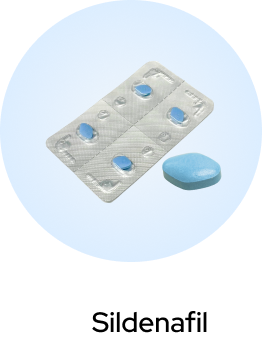
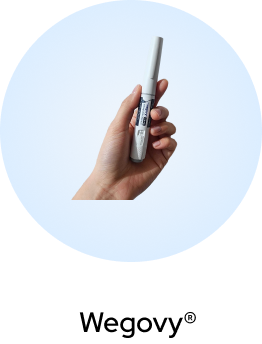
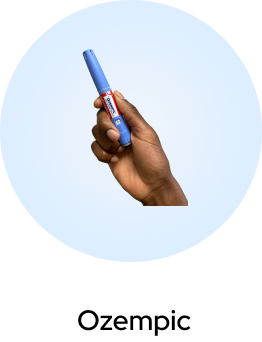


 (US)
(US)